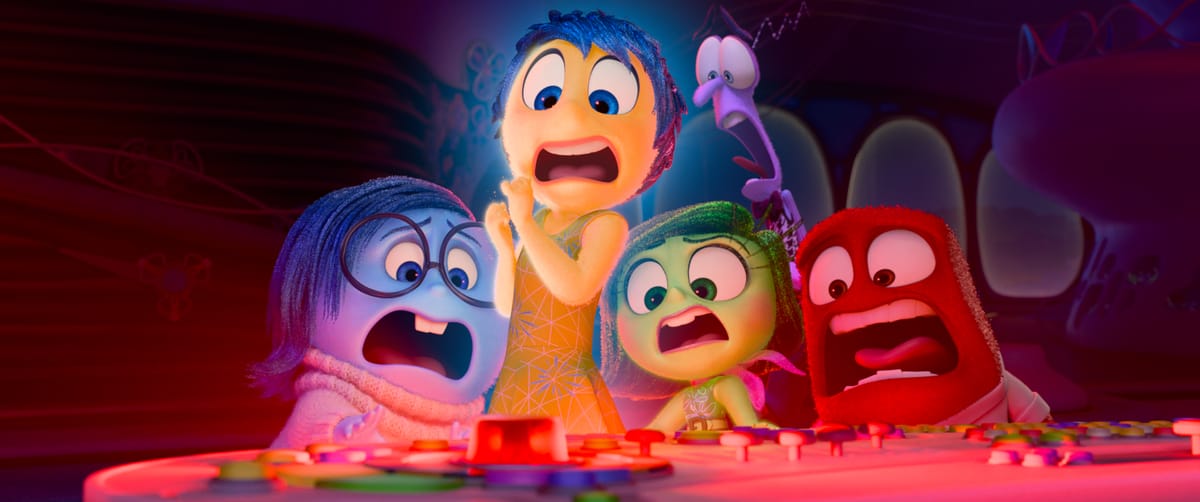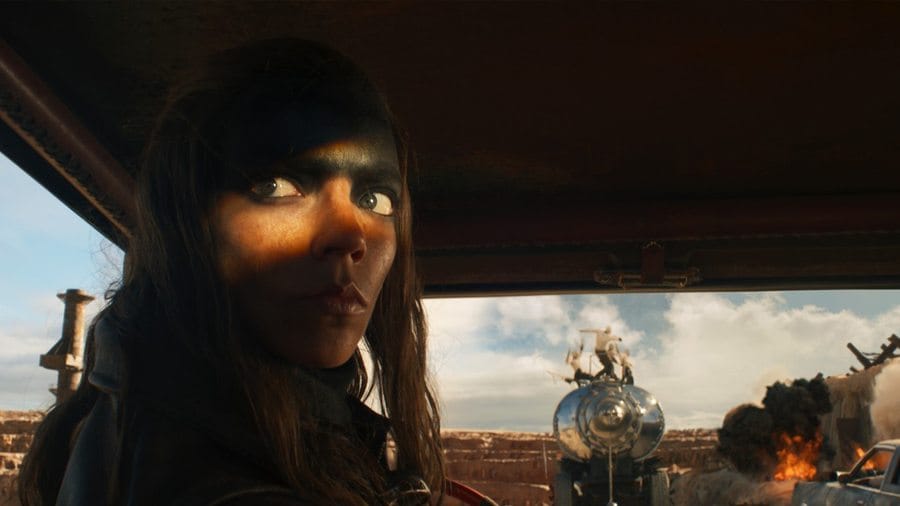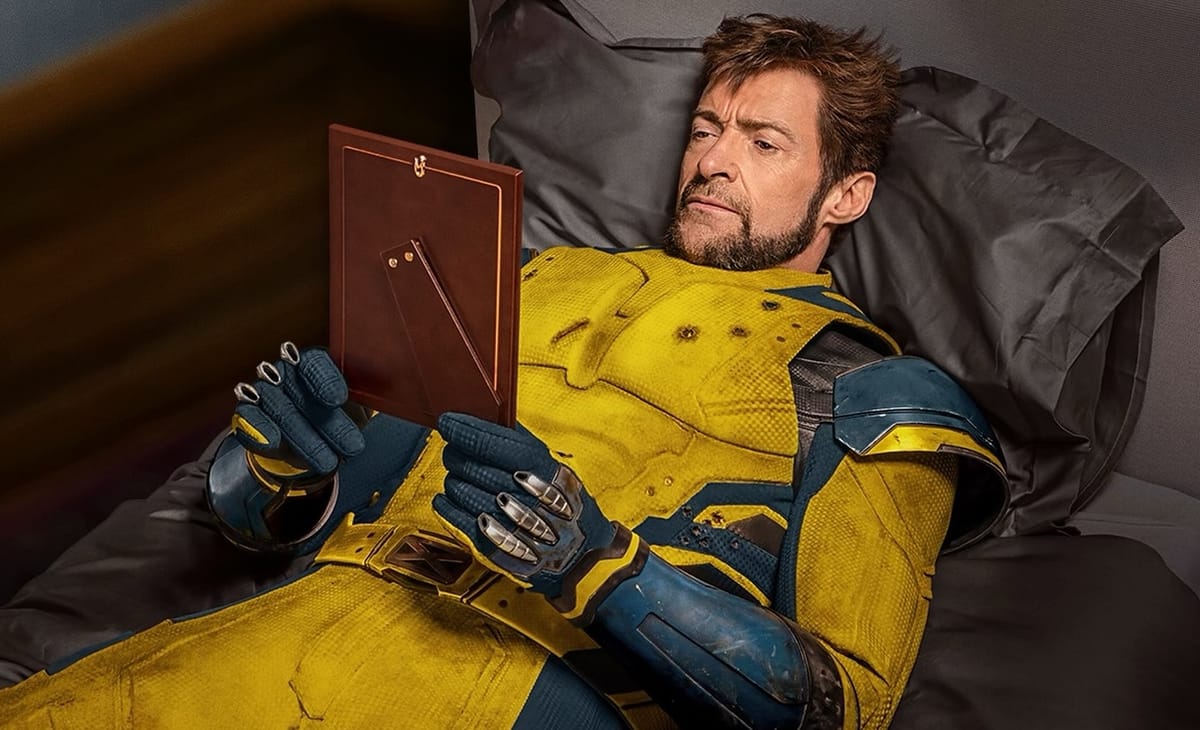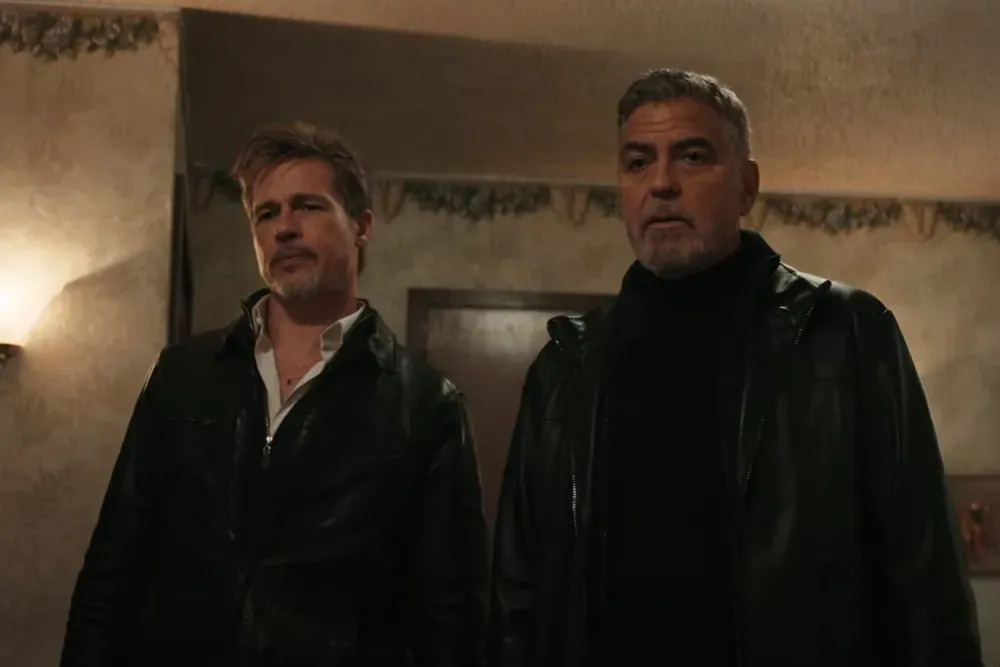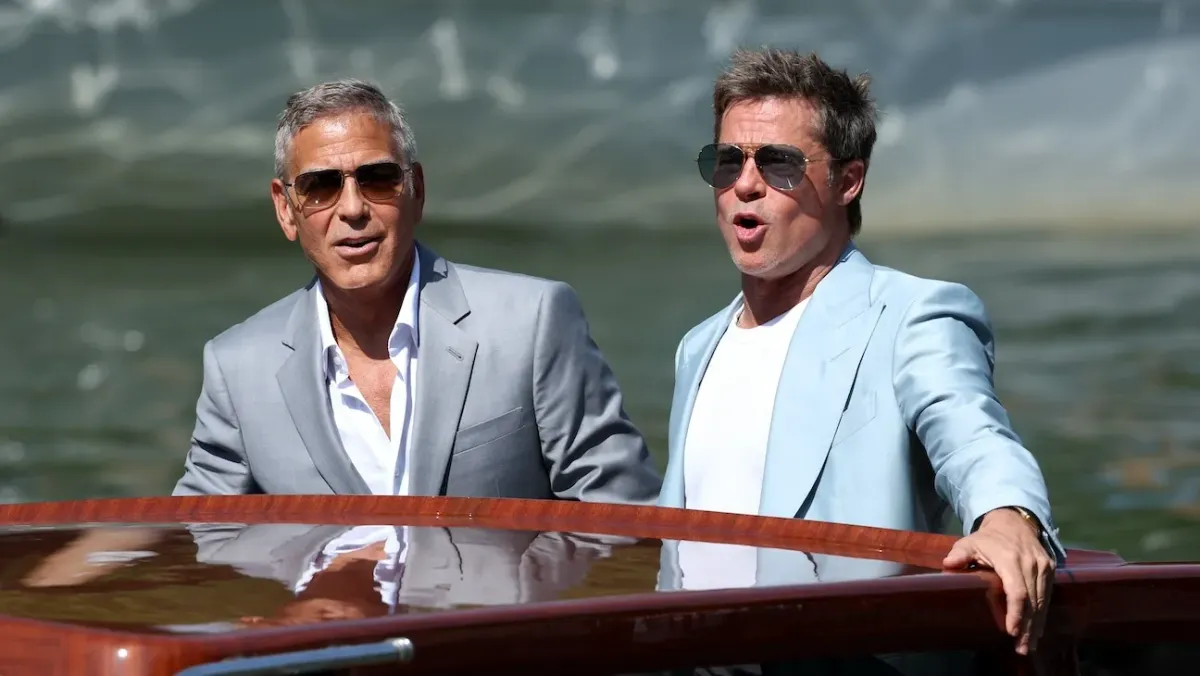Tech Figures Out the Theatrical Strategy Before Hollywood

There's not a ton new in this report from Thomas Buckley and Lucas Shaw, but it would seem to serve as a good overview with regard to the current state of "Big Tech" (including Netflix) and Hollywood: less is more.
As in, less money spent. As in, less sent to theaters.
This, of course, follows the overall trend in streaming following the pandemic build-up. The reality, which I think Big Tech has now realized much faster than traditional Hollywood studios, is that the entire industry has changed starting from the movie theaters on down. They're selectively blinded by the success they see in Deadpool & Wolverine and Twisters and Inside Out 2, but those are just a part of this new story. There will and should be theatrical releases, but not everything should be a theatrical release. Big Tech was sort of getting led down this path because... that's the way it's always been. I think after a few mediocre showings, they were like, "this is nuts, why are we doing it this way?"
That said, it's still sort of weird to me that Apple didn't at least try to go wide with Wolfs, especially given that was the original plan. Instead, they opted to risk pissing off two of the biggest movie stars in the world to save a few minutes worth of iPhone sales. They must have really believed the movie would not perform at the box office and that would have been an even worse look for them (and the stars). Maybe they're right, but that's also partially their own fault as Apple has – very oddly – been so bad at promoting their own content. Hopefully they can figure that out in time for F1 next summer – which has all the early makings of being a huge hit, but people still need to know it exists in order to go see it!
Apple is pulling back from theaters at the same time Netflix and Amazon are reworking their movie strategies. Earlier this year, Netflix hired producer Dan Lin to oversee its film studio, which had spent billions of dollars a year to produce more films than any other company in Hollywood. Yet Netflix struggled to control the quality and cost of its slate, which in some years approached 50 movies. For every hit, such as Bird Box, there were several misses. Lin’s predecessor Scott Stuber also clashed with management over its strategy for movie theaters. Stuber wanted to release movies such as Scorsese’s The Irishman and the Knives Out sequel Glass Onion widely in cinemas, but he couldn’t persuade Netflix co-Chief Executive Officer Ted Sarandos. Lin aims to make fewer movies and develop more projects in-house to keep costs down. He has considered scrapping several of the more expensive projects in development at Netflix.
Apple doesn't have a quality problem, but Netflix and Amazon do. They keep insisting they don't, that movies are subjective, yadda, yadda. But nearly everything, film-wise, for those two studios has been beyond mediocre. I'm including Glass Onion in that bucket, by the way – but at the same time, I do think it was a mistake not to release that particular movie in theaters. The first film had garnered so much buzz and affection that I think the sequel opening in theaters could have been massive. These are the new types of strategies that Hollywood needs to think about: first movie works on streaming, maybe second goes to theaters, etc. Obvious stuff, but Hollywood has been so stuck in their ways on such things – tech doesn't have to be!
Hollywood agents and producers have trouble understanding the technology companies’ strategy. Some question whether they’re putting movies in theaters to make money or as marketing for when the movies go to streaming. Either way, industry veterans say they need to spend a lot more promoting the titles. Agents have also pushed Apple and Amazon to hire more movie executives to balance out the control former TV execs hold at the companies. Apple’s film studio is run by Matt Dentler, who was previously a programmer at the South by Southwest Film Festival. He reports to Van Amburg and Erlicht, both of whom have spent their careers working in TV. Valenti reports to Amazon MGM Studios head Jennifer Salke, whose career before joining Amazon was also in TV. (Lin reports to Netflix Chief Content Officer Bela Bajaria, also a lifelong TV executive.)
That is an interesting connection and perhaps does speak to why all of these tech players have done so much better in television than film.
